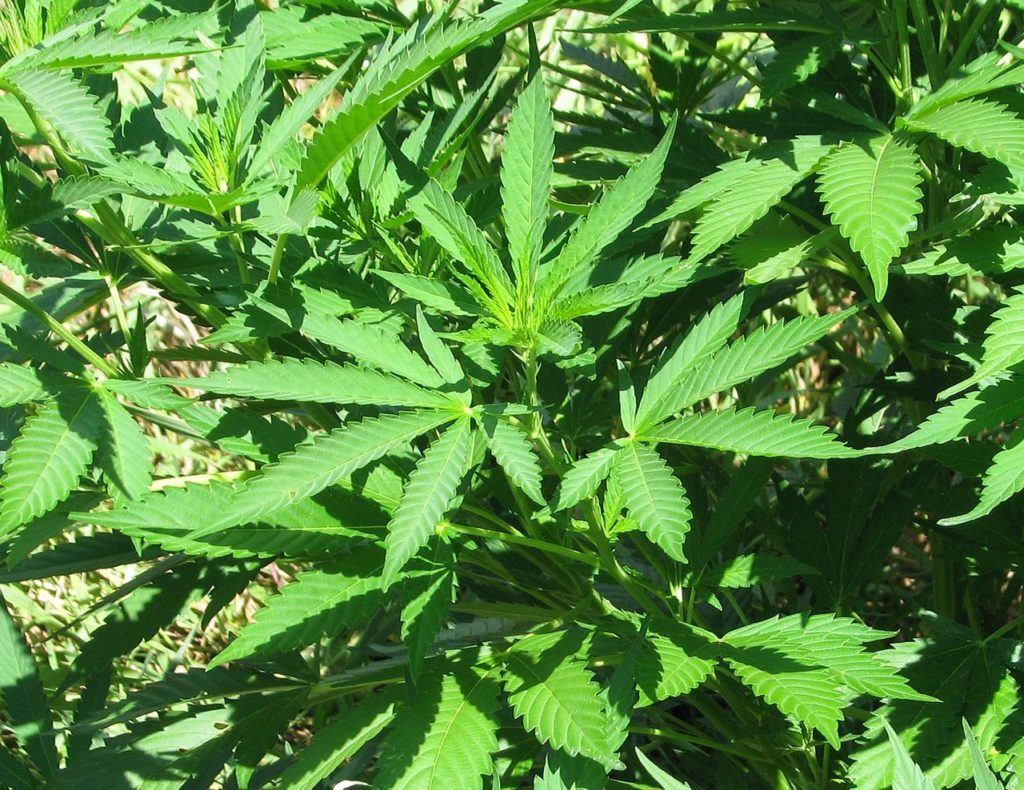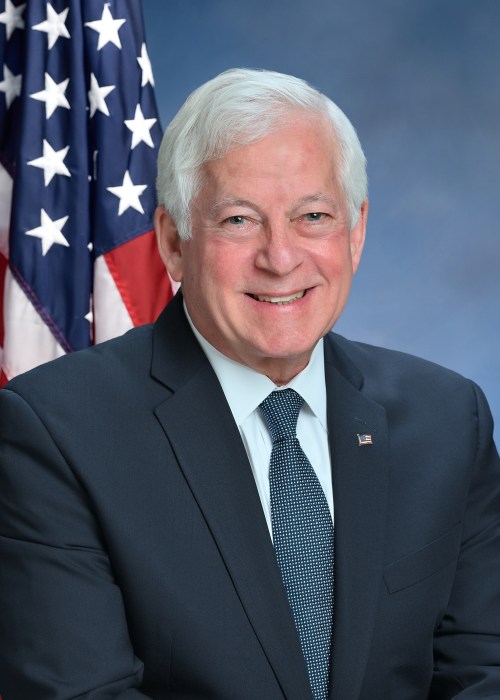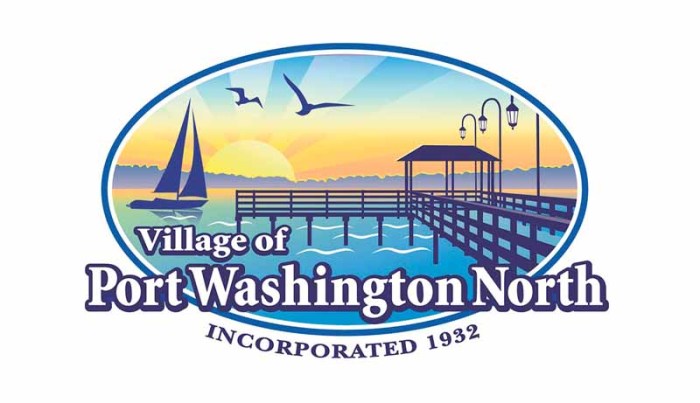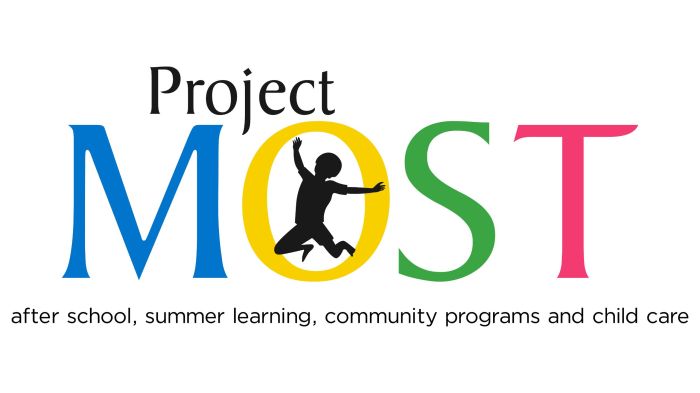The state Health Department recently announced that Long Island will receive four more medical marijuana dispensaries, with two coming to undisclosed locations in each county sometime in the near future.
According to officials, opening these dispensaries will expand access to those who need marijuana for medical reasons, while ensuring the product is manufactured by academically minded professionals in the field of medicine.
That’s all well and good, but the state’s version of “accessible medical marijuana” lacks in two crucial categories: It is not exactly marijuana and it is only relatively accessible. As the law currently prohibits smokable marijuana, the cannabis used in the state’s version of the medicine comes in liquid form, with vapor and pill variations soon to be synthesized.
Additionally, the medical marijuana offered at the Island’s two current dispensaries costs anywhere between $100 to $300. And, keep in mind, those prices are subject to drastically change, depending on how the Republican-led House, Senate and White House decide to dismantle health care as it’s currently constituted. Also, many ailments that could be helped by medical marijuana—like PTSD—are not on the roster of qualified conditions.
Governor Andrew Cuomo has shown much trepidation in accepting medical marijuana at this most basic first step in New York State, only acquiescing to the concept in 2014, while remaining hesitant to outright legalize recreational marijuana even as neighboring states continue to do so.
Citizens of the state should have full access to real, plant-form medical marijuana for the host of ailments cannabis has been shown to treat. Additionally, New York should move forward and join other progressive states in legalizing recreational marijuana for the potential economic boom alone.
Our society is so quick to glorify the consumption of alcohol, with the governor himself providing incentives for breweries to open in the state, even with the known deadly risk factors. All the while marijuana remains completely dismissed as a dangerous “gateway drug.” The Reefer Madness scare tactics of the 1930s still seem to be in full effect.
—Steve Mosco
































